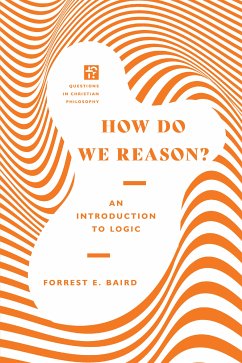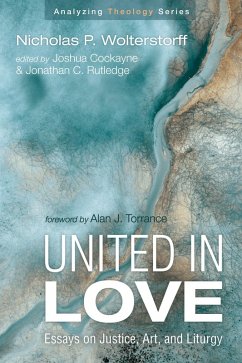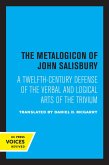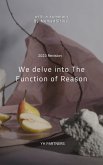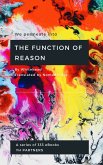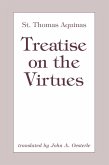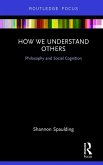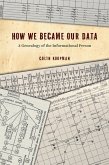How do we think? What does a faithful use of logic look like?Without even pausing to think about it, we exercise our capacity for rational thought. But how exactly does logic work? What makes some arguments valid and others not? In this Questions in Christian Philosophy volume, philosopher Forrest Baird offers an introduction to logic. He considers the basic building blocks of human reason, including types of arguments, fallacies, syllogisms, symbols, and proofs, all of which are demonstrated with exercises for students throughout. In addition, he reflects on the relationship between the use of reason and the Christian faith. With this academic but accessible primer, readers will be introduced to the basics of logic-and encouraged to reason better.
Dieser Download kann aus rechtlichen Gründen nur mit Rechnungsadresse in A, B, BG, CY, CZ, D, DK, EW, E, FIN, F, GR, HR, H, IRL, I, LT, L, LR, M, NL, PL, P, R, S, SLO, SK ausgeliefert werden.

